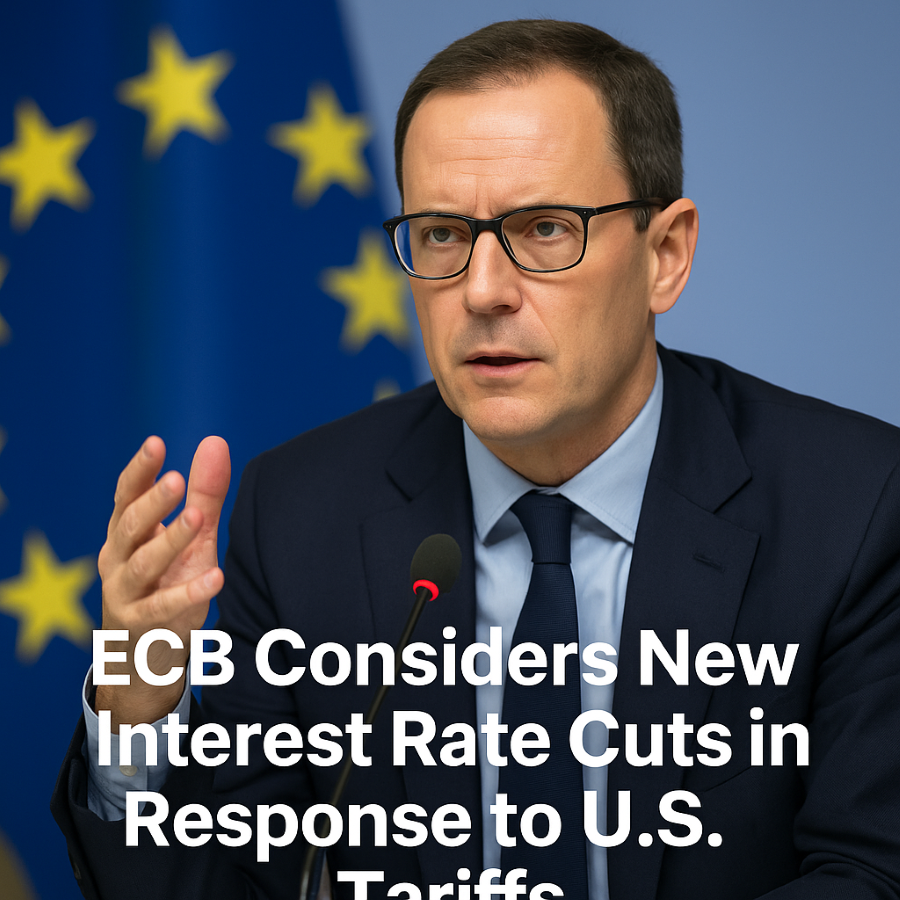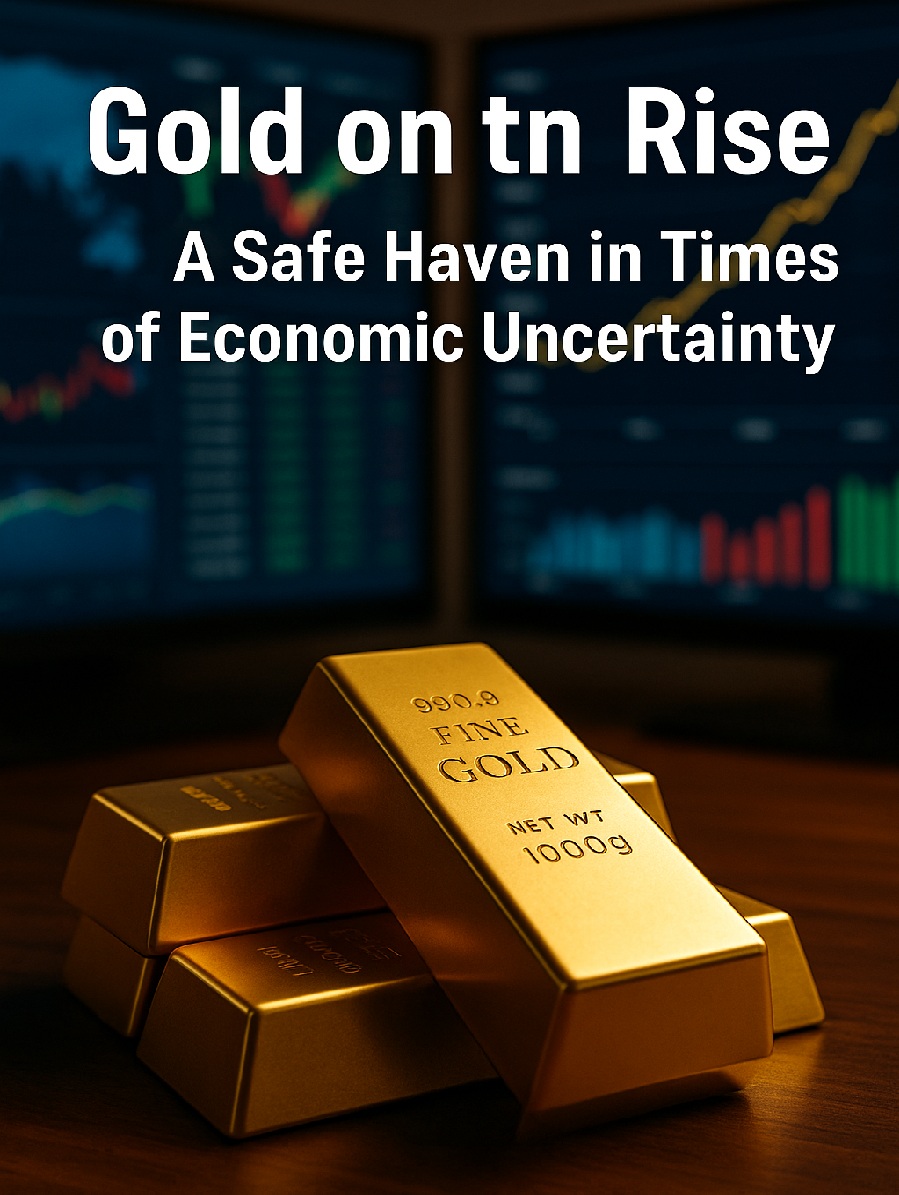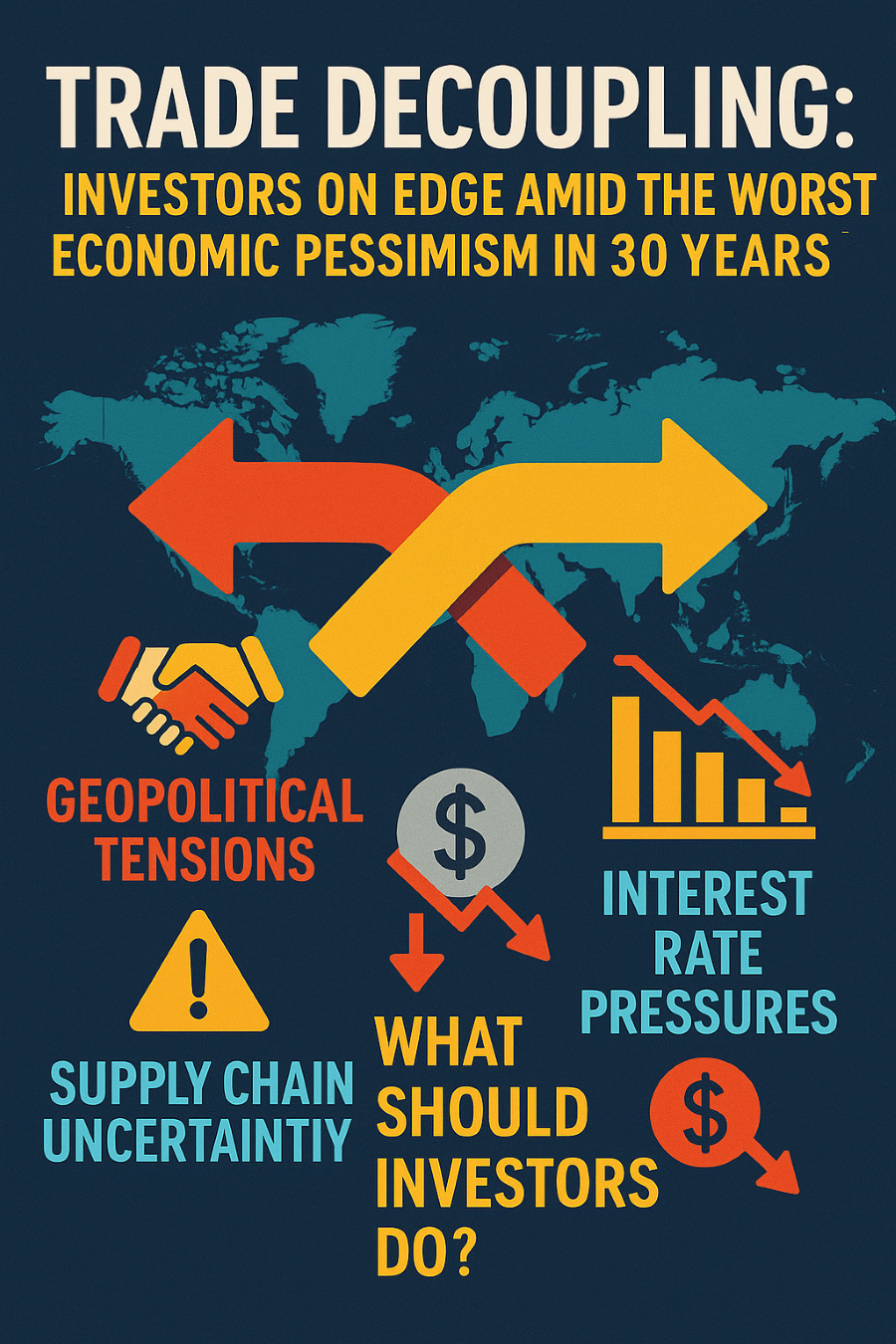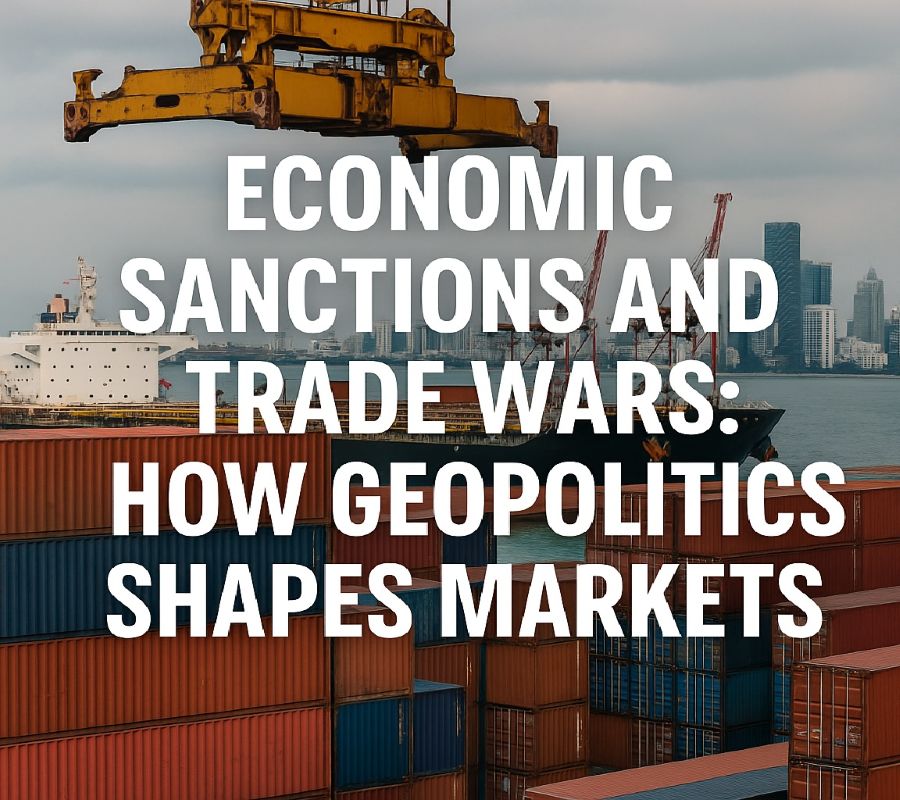In today’s volatile global economy, understanding the impact of economic sanctions and trade wars is essential for anyone interested in protecting their investments and planning for the future. These geopolitical tools can disrupt industries, shift trade alliances, and trigger ripple effects across global markets.
But how exactly do they work? And more importantly—how can you, as an investor or entrepreneur, stay ahead of the game?
What Are Economic Sanctions and Trade Wars?
Economic sanctions are political tools used by countries to restrict trade and financial transactions with specific nations or entities. They aim to influence political outcomes without resorting to military conflict.
Trade wars, on the other hand, are tit-for-tat economic policies (usually tariffs or quotas) imposed by countries in retaliation to perceived unfair trading practices.
Why This Matters to You
Whether you’re a small business owner, investor, or someone managing personal finances, these disruptions can:
- Increase the cost of imported goods
- Affect supply chains and delivery times
- Influence stock market volatility
- Shift currency exchange rates
Recent Geopolitical Tensions Reshaping Markets
Let’s take a look at a few examples of how geopolitical tensions are influencing the global economic landscape:
1. U.S. and China Tensions
The ongoing rivalry between the two largest economies continues to affect global technology, agriculture, and manufacturing sectors. Tariffs and restrictions on tech companies have led to supply chain restructuring and the rise of new global players.
2. Russia-Ukraine Conflict
Sanctions imposed on Russia have caused massive disruptions in energy markets, particularly in Europe. This has led to increased energy prices and a rethinking of energy independence strategies worldwide.
3. BRICS Alliance and De-Dollarization
Emerging powers are pushing for alternative trade systems that challenge the dominance of the U.S. dollar, shifting how commodities and contracts are priced and executed globally.
How Markets Respond to Sanctions and Trade Wars
Economic and trade restrictions often trigger short-term market panic—but can also lead to long-term innovation and restructuring.
Examples of Market Reactions:
- Stock Market Volatility: Sectors like defense, commodities, and alternative energy often experience sharp fluctuations.
- Currency Fluctuations: Sanctioned countries may see their currencies weaken, while others may experience a flight to safety.
- New Trade Routes: Countries affected by sanctions often forge new partnerships, leading to unexpected economic alliances.
Smart Strategies to Navigate a Politicized Market
It’s natural to feel overwhelmed by these shifts—but here are practical ways to stay ahead:
- Diversify your portfolio across sectors and regions.
- Stay informed with reliable economic and geopolitical news.
- Invest in resilient sectors like energy, agriculture, and cybersecurity.
- Follow emerging markets that could benefit from trade realignments.
- Educate yourself with expert-led resources or infoproducts that explain global finance.
Final Thoughts: The Future Is Political and Financial
We can no longer separate geopolitics from our economic choices. Every tariff, sanction, or alliance sends waves through stock markets, currencies, and business decisions worldwide.
By staying informed and taking action, you can turn global tension into strategic opportunity. Knowledge truly is power—especially in uncertain times.




